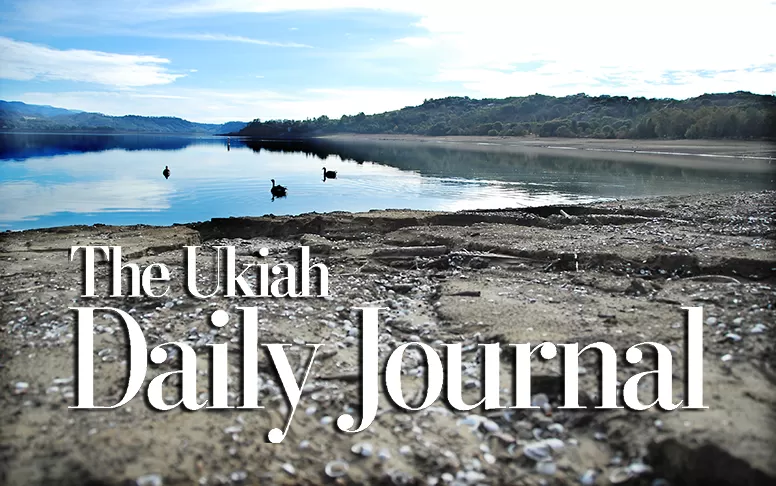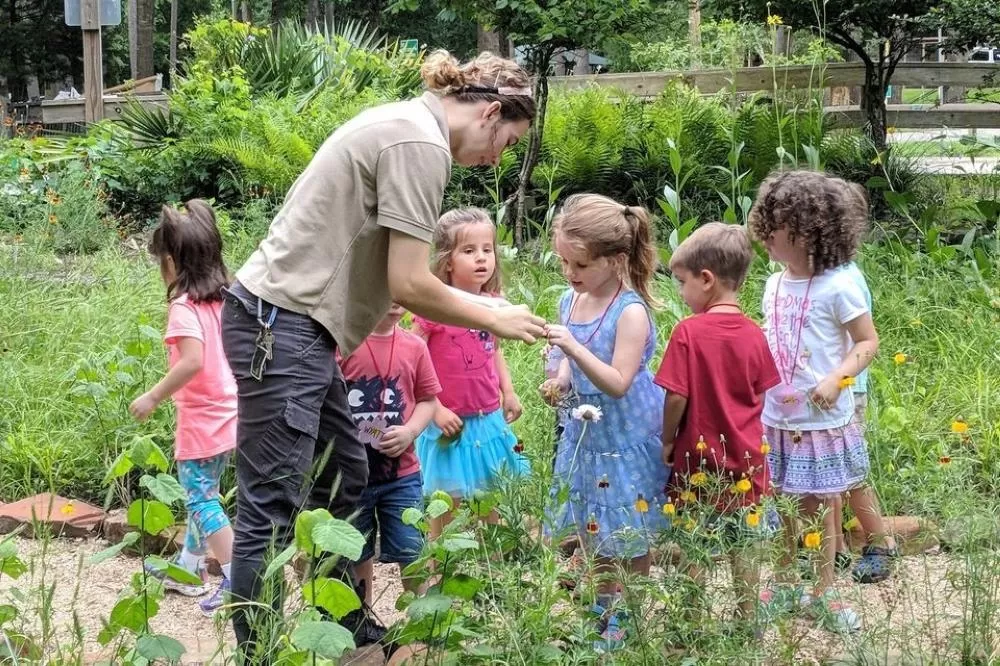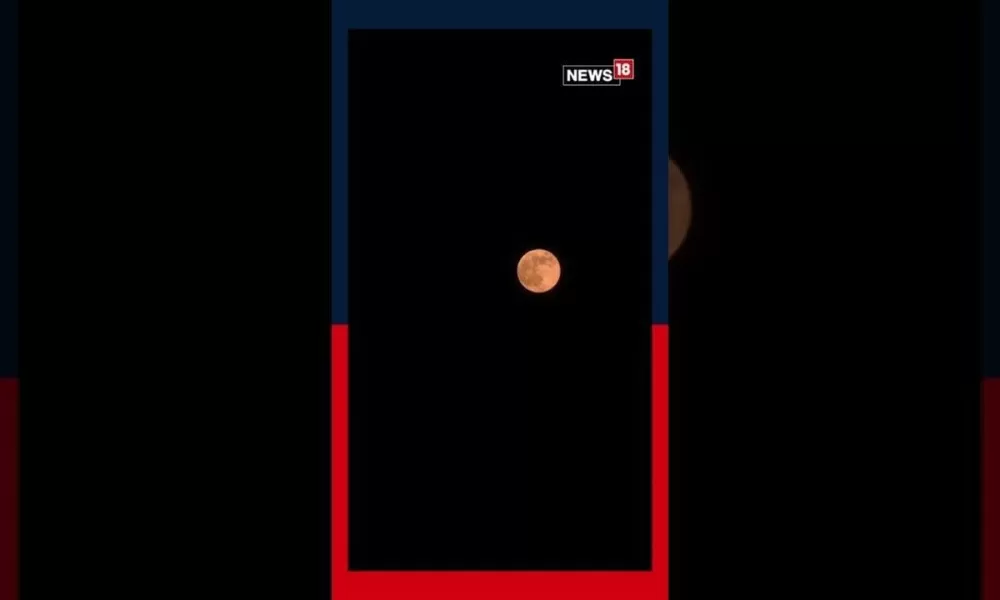The Bitter Taste of 'Aid': J&K's Flood Victims Decry Compensation as a Cruel Insult
Share- Nishadil
- November 06, 2025
- 0 Comments
- 3 minutes read
- 48 Views

J&K Flood Victims Call Government Compensation an 'Insult' to Their Losses
For many still reeling from the devastating floods that swept through Jammu & Kashmir years ago, government compensation isn't just insufficient — it's a profound insult, barely scratching the surface of their immeasurable losses and ongoing struggle to rebuild.
Years have passed since the devastating floods ravaged the picturesque, yet vulnerable, landscapes of Jammu & Kashmir. And honestly, for many, the waters might have receded, but the deluge of despair? Well, that seems to persist, not least because of what they describe as an 'insulting' government compensation package.
You see, for families who lost everything — homes, livelihoods, a sense of security — the paltry sums offered by the authorities often feel like a cruel joke, a bitter echo of the promises made in the immediate aftermath of the calamity. It's not just about the money, though that's certainly a huge part of it; it's about the inherent disrespect, the feeling that their immense suffering has been, in truth, quantified so cheaply, so inadequately.
Imagine, if you will, waking up to find your entire life's work, your ancestral home, your shop, your carefully cultivated fields, simply… gone. Washed away. Now, consider a government 'aid' package that barely covers a fraction of that loss. It's a slap in the face, isn't it? A wound reopened, then rubbed with salt, one could argue.
Many residents, particularly those in areas like Srinagar, speak of the crippling financial burden that remains. They’ve borrowed, they’ve scrimped, they’ve struggled to piece together fragments of their former lives. But the reality is stark: without substantial, meaningful support, genuine recovery feels like a distant, perhaps even impossible, dream. The 'compensation,' they contend, hasn't helped them rebuild; it's merely highlighted the chasm between their needs and the state's provision.
And so, the voices of the flood victims continue to rise, a chorus of frustration and betrayal. They’re not asking for handouts, not really. What they seek is dignity, a fair assessment of their losses, and a genuine commitment to helping them reclaim a semblance of the lives they once had. Because right now, the 'aid' feels less like a lifeline and more like a final, crushing wave.
Disclaimer: This article was generated in part using artificial intelligence and may contain errors or omissions. The content is provided for informational purposes only and does not constitute professional advice. We makes no representations or warranties regarding its accuracy, completeness, or reliability. Readers are advised to verify the information independently before relying on







